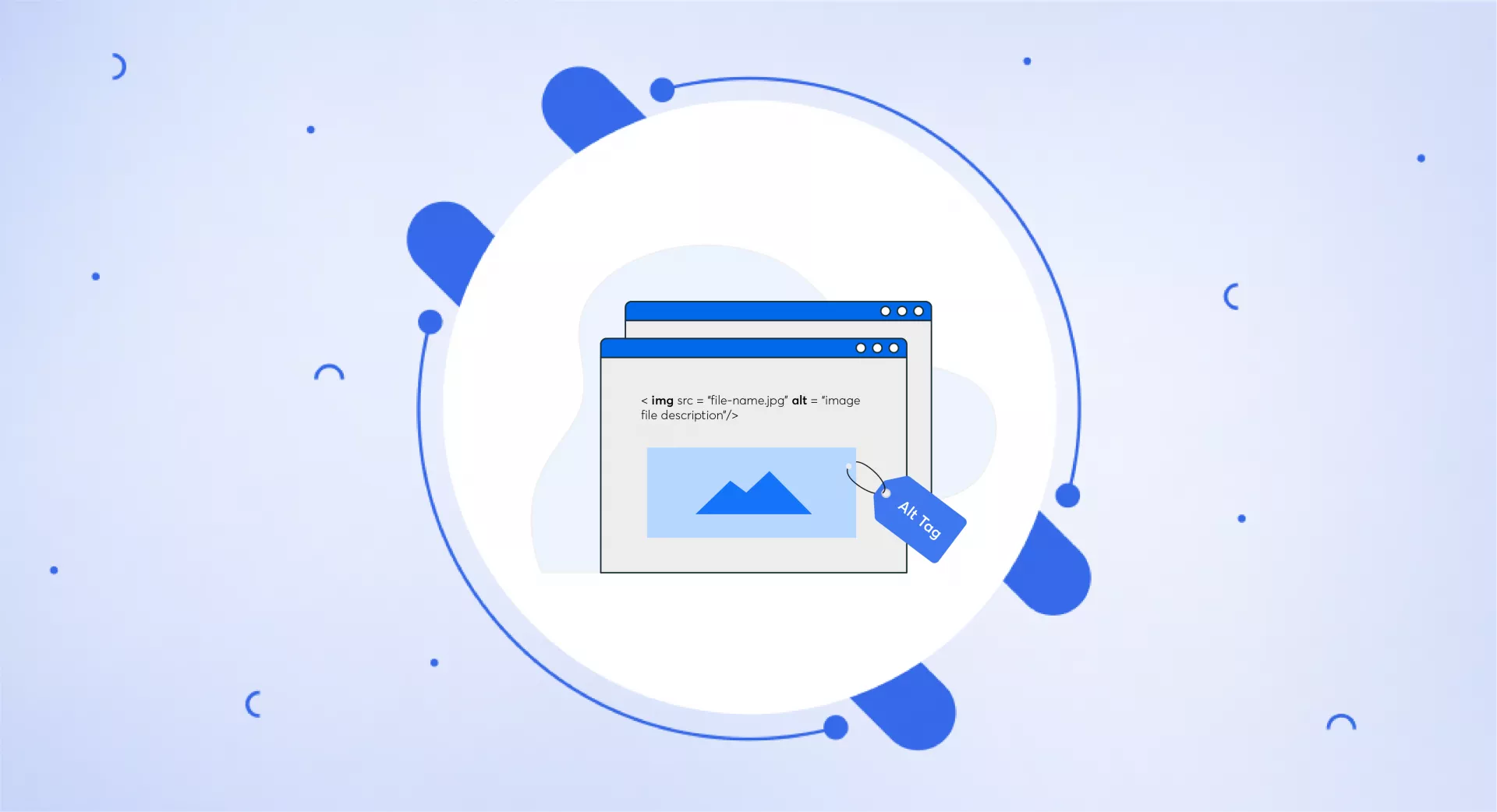What is Alt Attribute?
The alt attribute—also known as alt text or alt tag—is a brief textual description added to images using HTML within the <img> tag.
It serves two main purposes:
To aid users who are blind or visually impaired
To help search engines interpret the image content
Helping Visually Impaired People
Individuals with visual impairments often rely on screen readers—software that reads web content aloud.
When a screen reader encounters an image, it reads the alt text aloud, describing the image to the user.
Without alt attributes, these users may miss the image's context or meaning. Alt text ensures digital content is inclusive and accessible to all.
Helping Search Engines
Unlike humans, search engines cannot visually interpret images.
Instead, they rely on alt text to understand what an image represents.
Well-written alt attributes help search engines grasp the context of a page, which can enhance the page's visibility in image and web search results.
Writing Good Alt Text
To create helpful alt text, aim for clarity and brevity:
Clearly describe what the image shows, but avoid excessive detail
Stick to a short phrase or a sentence or two
If nearby text already explains the image, keep the alt text minimal
Include relevant keywords naturally, without stuffing
The goal is to provide a concise, accurate depiction of the image’s content.
In Summary
Although it’s a small element, adding alt text to your images has significant benefits.
It improves accessibility for users with visual impairments and helps search engines better understand your website.
Spending a little time writing meaningful alt text can go a long way in boosting usability and SEO performance.


